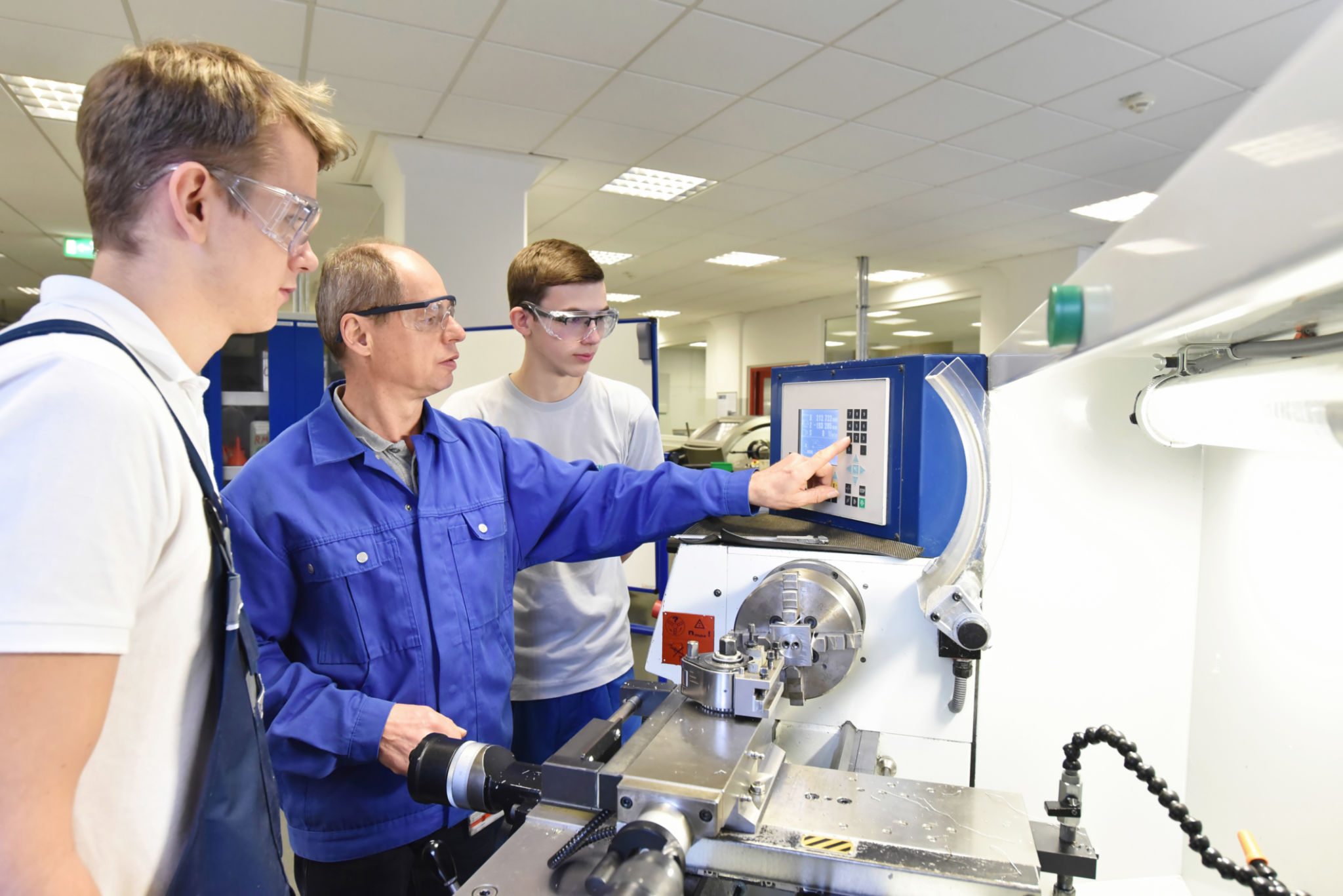A Comprehensive Guide to Career Development for Young Professionals in India
Understanding Career Development
Career development is a lifelong journey, and for young professionals in India, it involves a series of strategic steps designed to enhance skills, gain experience, and achieve career goals. It's important to realize that career development isn't just about climbing the corporate ladder; it's about personal growth and finding fulfillment in your chosen field.

Identifying Your Career Goals
One of the first steps in career development is identifying your career goals. These goals should be specific, measurable, achievable, relevant, and time-bound (SMART). Consider what you're passionate about, the skills you possess, and where you envision yourself in the next few years. This clarity will guide your career development plan.
Short-Term vs. Long-Term Goals
While setting goals, distinguish between short-term and long-term objectives. Short-term goals could include acquiring new skills or earning a certification, while long-term goals might involve reaching a managerial position. Breaking down goals into smaller, manageable tasks can make the process less overwhelming.
Building the Right Skill Set
In today's competitive job market, having a diverse skill set is crucial. Young professionals should focus on both hard skills, like technical expertise, and soft skills, such as communication and problem-solving. Continuous learning through online courses, workshops, and seminars can significantly enhance your abilities.

Networking and Mentorship
Networking plays a vital role in career development. Building a strong professional network can open doors to new opportunities, provide guidance, and offer support. Attend industry events, join professional organizations, and connect with peers and mentors who can offer valuable insights into your career path.
Finding a Mentor
A mentor can be instrumental in your career journey. Look for someone with experience in your field who can provide advice and share their knowledge. A mentor's guidance can help you navigate challenges and make informed decisions about your career.
Gaining Relevant Experience
Experience is often more valuable than theoretical knowledge. Seek internships, part-time jobs, or volunteer opportunities related to your field of interest. These experiences not only build your resume but also provide practical insights into the industry.

Leveraging Internships
Internships are an excellent way to gain hands-on experience. They allow you to apply your academic knowledge in real-world scenarios and develop professional relationships. When choosing an internship, prioritize those that align with your career goals and offer substantial learning experiences.
Staying Adaptable
The job market is constantly evolving, and staying adaptable is key to career development. Be open to change and willing to learn new skills as industries transform with technological advancements. Flexibility can make you a more attractive candidate for various roles.
In conclusion, career development for young professionals in India is a multifaceted process that requires careful planning and execution. By setting clear goals, building a diverse skill set, networking effectively, gaining practical experience, and remaining adaptable, you can set yourself up for success in the ever-changing professional landscape.